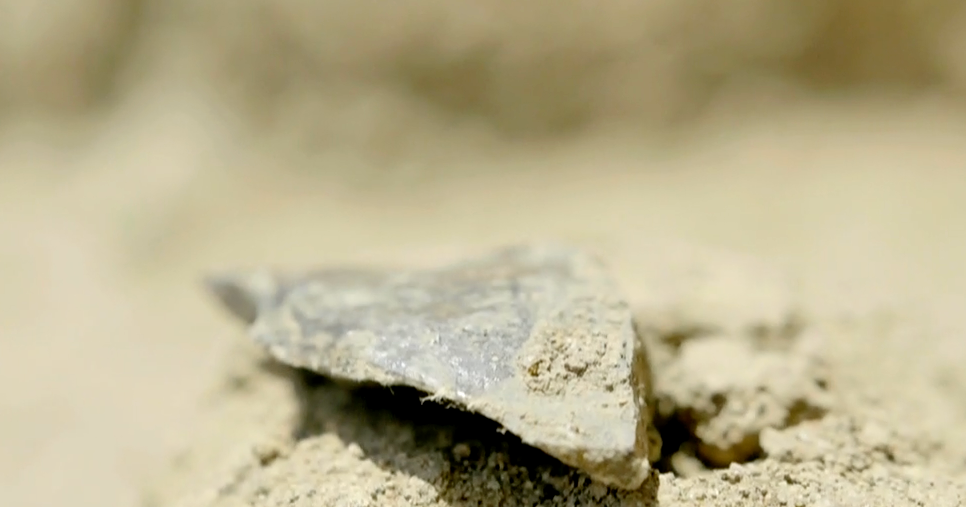American astronauts on space station reflect on "inspirational" moon mission 50 years later
Fifty years to the day after Neil Armstrong, Buzz Aldrin, and Michael Collins blasted off into space on the Apollo 11 mission, NASA astronauts Nick Hague and Christina Koch are the closest Americans to the moon. Hague and Koch are currently floating on the International Space Station, about 250 miles from Earth and more than 230,000 miles from the moon.
The pair, along with their Russian crewmate, commemorated the Apollo mission with a message that "it was indeed a giant leap for the people of Earth." They told "CBS This Morning" co-host Tony Dokoupil that the mission was a "great inspirational moment."
"They took on a challenge that was so huge, that they knew would alter the course of history," Koch said. "We feel connected to that event because we're so honored to be a part of the space program today and to continue their legacy. We're in a period now where we're able to explore the frontiers of science and uncover and unlock amazing secrets that help to benefit life on Earth. So feeling that connection and that inspiration is really what it means to us today."
Despite the unprecedented nature of Apollo 11, Hague said he believes the astronauts were likely calm while preparing for takeoff.
"I think that every person who's strapped themselves into a rocket thinks the same things," he said. "You've spent many years training for that moment, to try to do everything perfect, you know, if something doesn't work right with the system, to figure out how to work around it — and that's what we train for."
"There's a massive team on the ground that prepares you for that," he added. "So that's what gives you the confidence going in: knowing that you've got this gigantic team of hundreds of thousands of people that are supporting you and making it all possible, and that they're as committed to making it a successful mission as you are."
Once the astronauts made it to space, their perspective on Earth may have changed, Koch said. That's because of the overview effect, a cognitive shift in awareness that some astronauts have reported after looking at Earth from above.
"The perspective of looking down on the Earth from here is a big reminder that as humans, we share the most fundamental aspects of who we are, and that we're way more alike than we are different," she said. "Those differences are just as exciting, and they often arise from just the amazing geographical differences of where we're from on this wonderful planet."
"We are on one planet, and that planet is what sustains us all," she added. "I think if everyone had the opportunity to see that, we would certainly know that deep down we are all the same, and that we can accomplish the best things and the greatest things when we work together as humans."
Hague will return to Earth in the fall. Koch will remain in orbit until February 2020, by which time she will have set a record for the longest single space flight by a woman.





